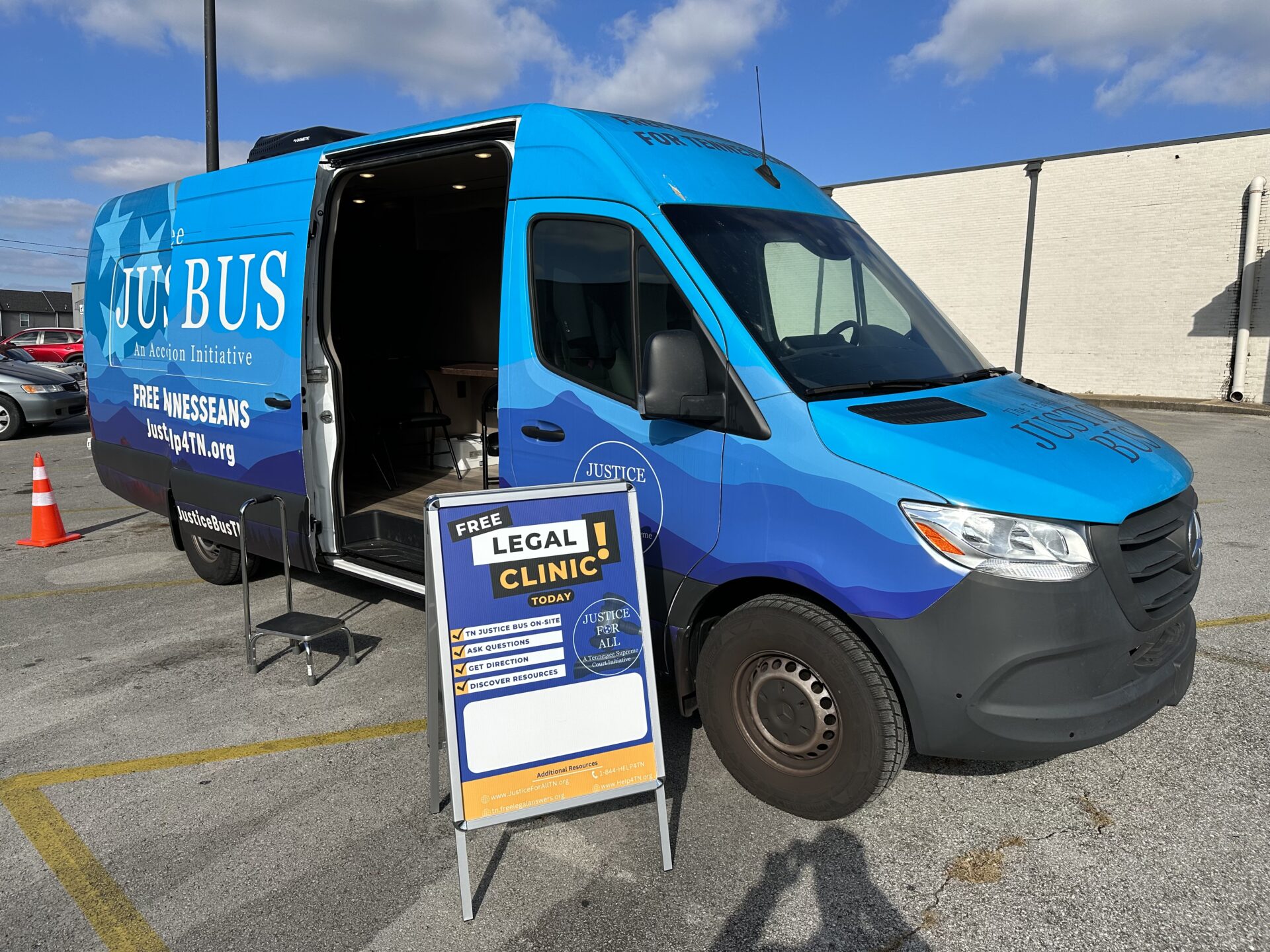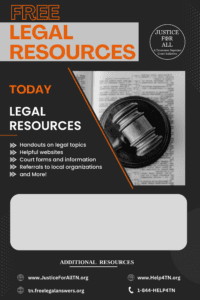
Why Pro Bono Matters

Research and contributions for this article from University of Tennessee Law Students: Chase Doherty, Maggie Herberholz, Harry Thomas, and Ashley Varnedoe.
Pro bono legal work is the practice of lawyers offering their services free of charge, and it serves as a cornerstone in the fight for justice and equality.
What is Pro Bono Work
Pro bono legal work refers to voluntary legal services provided by lawyers without charge to individuals or organizations who cannot afford them. Pro bono work can range from representing low-income clients in court to advising nonprofit organizations. The aim of pro bono legal work is to ensure that everyone, regardless of their financial status, has access to justice and legal representation. It's essentially a commitment by the legal profession to contribute to society and uphold the principle of equal justice for all.
The Impacts
The most substantial impact of pro bono work lies within the community. Legal issues can be daunting, and for those who cannot afford legal representation, they can seem insurmountable. Pro bono services bridge this gap, offering access to justice to those who might otherwise be left on the sidelines. More individuals can seek redress, which reinforces the principle that justice is for all, not only for those who can pay.
Moreover, pro bono work contributes to building a stronger, healthier society. Legal aid can help resolve a myriad of issues from housing disputes to family law matters, offering stability and security to those in need. By alleviating these stresses, individuals can focus on contributing positively to their communities.

For every $1 spent for pro bono work, you can see an $11.21 returned to society according to the Economic Impact of Civil Legal Aid Organizations in Tennessee from 2015.

Benefits for the Lawyers
For the lawyers involved, pro bono work provides a wealth of benefits.
First and foremost, it offers an opportunity to hone legal skills in real-world scenarios. Lawyers can broaden their experience, delve into unfamiliar areas of law, and build professional relationships.
Po bono work also enables lawyers to make a meaningful impact on people's lives. It offers a chance to see the human side of law, developing empathy and understanding, which are crucial traits in legal practice.
Finally, pro bono work enhances a lawyer's reputation within the profession and the community. It demonstrates a commitment to justice and a willingness to give back to the community, attributes that are highly respected in the legal industry.
Ultimately, pro bono legal work is a win-win situation. It bridges the gap between the law and those who can't afford it while providing lawyers with practical experience and a chance to give back. The benefits, both for the community and the legal professionals, are invaluable.
The ABA (American Bar Association) continues to make Pro Bono work a focus of the organization, with President Mary Smith saying that “Without legal representation, individuals … are denied the promise of justice for all, which is a crucial element of democracy.” Taken from an article on ABA, 2023 ABA Celebration of Pro Bono focuses of justice for all
The type of pro bono legal work performed varies widely, depending on the client and type of case. The most common tasks performed were providing advice (74%), reviewing or drafting documents (66%), interviewing clients (64%), writing letters (36%), working with other attorneys (35%), providing full representation in court (29%) and negotiating a settlement with other parties (18%). According to the ABA Legal Profile article Pro Bono
How to Get Involved in Pro Bono
Lawyers can participate in pro bono work through a variety of avenues. Many law firms encourage or even mandate their associates to dedicate a certain number of hours each year to pro bono cases. There are also numerous non-profit organizations that coordinate pro bono work, connecting lawyers with individuals or groups in need of legal assistance but lacking the means to afford it. Lawyers can choose cases that align with their skills and interests, whether they involve civil rights, immigration, housing, or family law, to name a few. In addition to this, lawyers can also offer legal education and advice through seminars or legal aid clinics to those who might not otherwise have access to such resources.
Get started today by selecting "Get Involved" at the top of our site.
Or see some of the options below:
- tn.freelegalanswers.org
- Lawyers can sign up and select legal questions to answer for Tennesseans
- Legal Aid Organizations in your area you can work with
- Volunteer with a TN Justice Bus Legal Clinic
- see upcoming opportunities on our Events Page
- We also offer virtual volunteering for some events
- Host your own Pro Bono Legal Clinic
Helping Across Tennessee Through Pro Bono Efforts



